The University of Connecticut Humanities Institute (UCHI), in partnership with UConn Global Affairs, is proud to announce Professor Maoz Azaryahu as the first awardee of their joint Global Distinguished Humanities Fellowship (GDHF). Azaryahu is a professor of cultural geography at the University of Haifa in Israel, and the Director of Herzl Institute for the Study of Zionism. His research includes urban and landscape semiotics, the cultural and historical geographies of public memory and commemoration, the spatialities of memory and narrative, and the cultural history of places and landscapes. He has studied the political history of war memorials and the cultural politics of commemorative street (re)naming in different historical periods and geopolitical settings. These themes are highlighted of his numerous authored, co-authored, and edited works including, among others, Positioning Memory (2018), The Political Life of Urban Streetscapes (2018), Narrating Space / Spatializing Narrative: Where Narrative Theory and Geography Meet (2016); Namesakes: History and Politics of Street Naming in Israel (2012, Hebrew); Tel Aviv: The First Century. Vision, Myth and Reality (2012); Tel Aviv: Mythology of a City (2006); State Cults. Celebrating Independence and Commemorating the Fallen in Israel 1948-1956 (1995, Hebrew), and Von Wilhelmplatz zu Thälmannplatz. Politische Symbole im Oeffentlichen Leben der DDR 1945-1985 (1991).
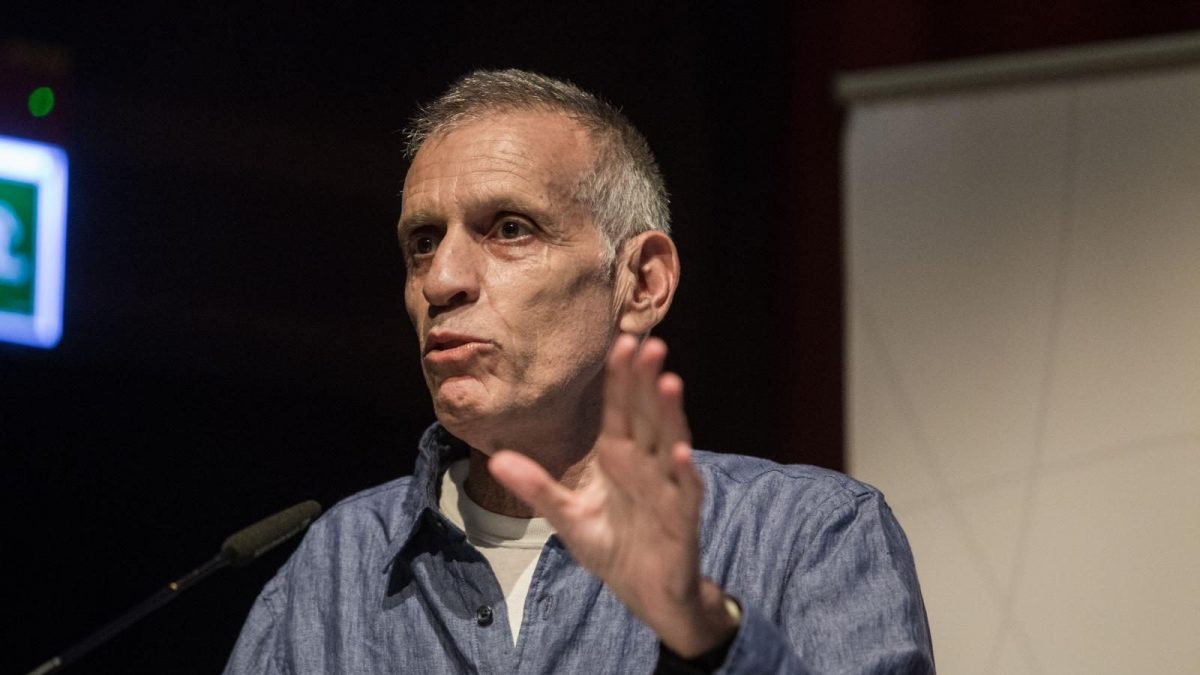
Dr. Azaryahu has built his career on a remarkable ability to speak across disciplinary boundaries to build productive collaborations with scholars across a wide range of fields. This is one reason Dr. Azaryahu has been welcomed previously as a Visiting Professor of Anthropology at Brandeis University, in Jewish Studies at Penn State University, and in Geography at the University of Colorado at Boulder. We see his visit as a way to spur a similar range of fruitful publishing collaborations with our colleagues here at UConn.
Azaryahu’s fellowship at UConn, which takes place in Spring 2021, is sponsored by Ken Foote, the Director of Urban and Community Studies Program & Professor of Geography; Nathaniel Trumbull, Associate Professor of Geography & Maritime Studies; Sebastian Wogenstein and Avinoam Patt of The Center for Judaic Studies and Contemporary Jewish Life; and Chris Vials, Director of the American Studies Program.
GDHF was a new opportunity created by UCHI and Global Affairs last year in an effort to foster international collaboration and highlight the importance of the humanities in creating a future that speaks globally to social justice, equity, and the environment. This initiative is designed to strengthen ties with UConn’s international partners by inviting faculty scholars from universities that have ongoing Memoranda of Understanding with UConn.
Note: Due to COVID-19, Professor Azaryahu’s visit to UConn will take place in Spring 2023.
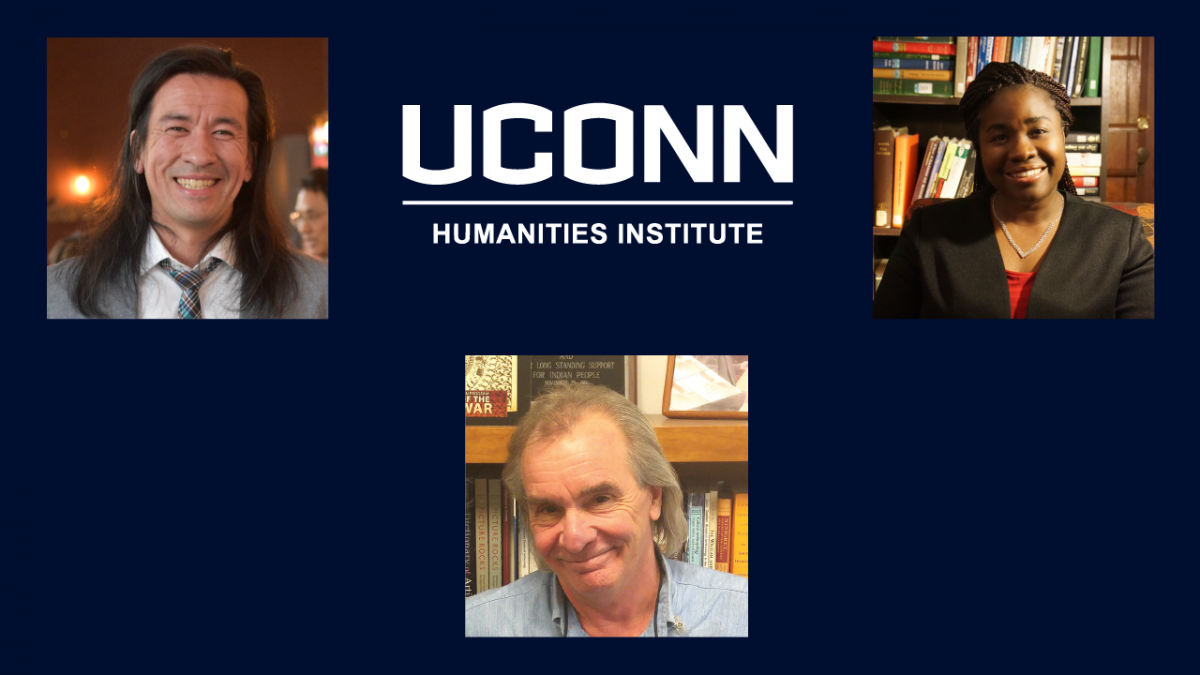
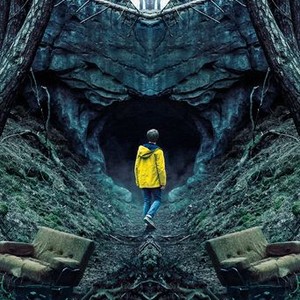 In this brave new world of self-isolation, I have come to lose track of time. Time, or rather our concepts of the passage of time, are constructs that we animate and breathe life into, out of the necessities of our mortal lives. But to quote a Tralfamadorian from Slaughterhouse-Five: “
In this brave new world of self-isolation, I have come to lose track of time. Time, or rather our concepts of the passage of time, are constructs that we animate and breathe life into, out of the necessities of our mortal lives. But to quote a Tralfamadorian from Slaughterhouse-Five: “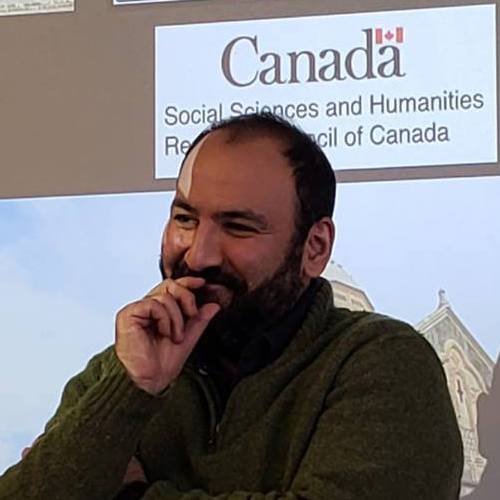 Who is Siavash Samei?
Who is Siavash Samei? 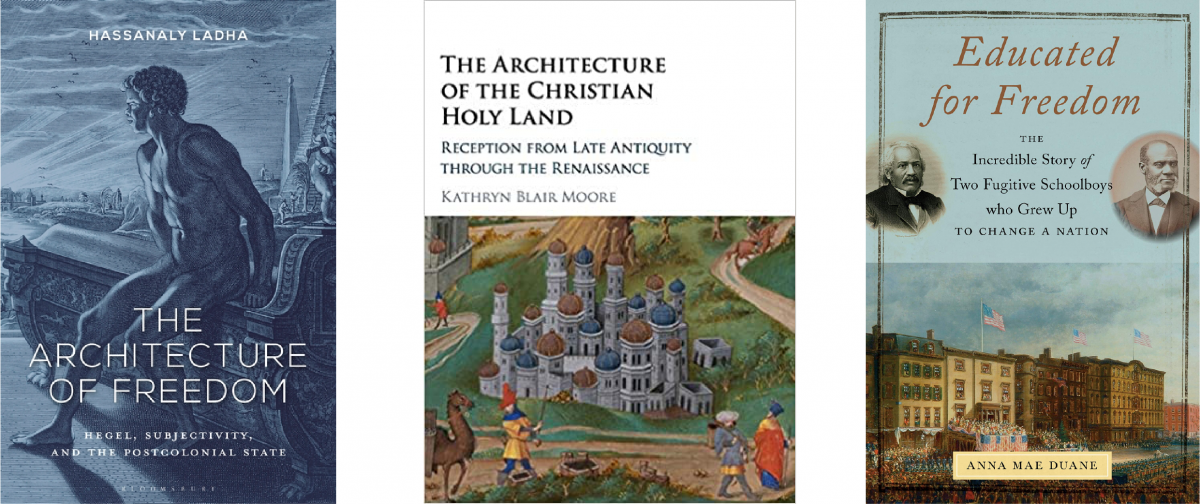
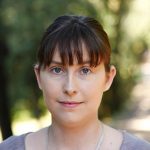 Kathryn Blair Moore, The Architecture of the Christian Holy Land: Reception from Late Antiquity through the Renaissance (Cambridge University Press, 2017)
Kathryn Blair Moore, The Architecture of the Christian Holy Land: Reception from Late Antiquity through the Renaissance (Cambridge University Press, 2017)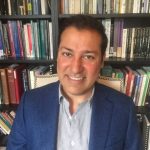 Hassanaly Ladha, The Architecture of Freedom: Hegel, Subjectivity, and the Postcolonial State (Bloomsbury, 2020)
Hassanaly Ladha, The Architecture of Freedom: Hegel, Subjectivity, and the Postcolonial State (Bloomsbury, 2020)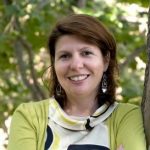 Anna Mae Duane, Educated for Freedom: The Incredible Story of Two Fugitive Schoolboys Who Grew Up to Change a Nation (NYU Press, 2020)
Anna Mae Duane, Educated for Freedom: The Incredible Story of Two Fugitive Schoolboys Who Grew Up to Change a Nation (NYU Press, 2020)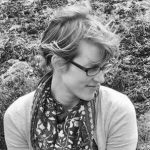


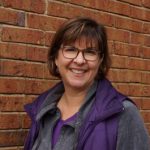
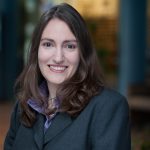

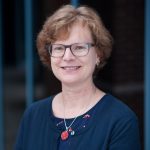
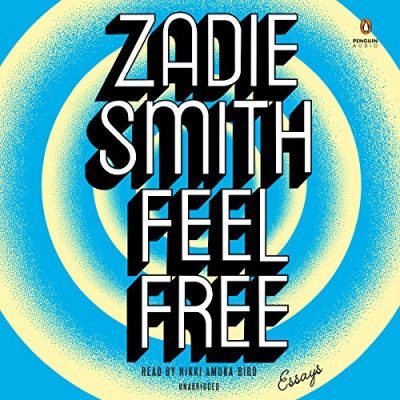 There is only so much Netflix and Hulu one can watch and replaying Contagion and Outbreak are not the best antidote for COVID-19’s many anxieties. I suggest you find refuge in an
There is only so much Netflix and Hulu one can watch and replaying Contagion and Outbreak are not the best antidote for COVID-19’s many anxieties. I suggest you find refuge in an 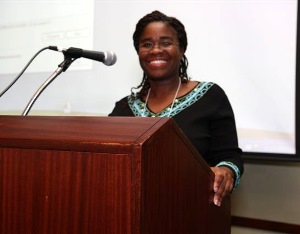 Who is Fiona Vernal?
Who is Fiona Vernal? 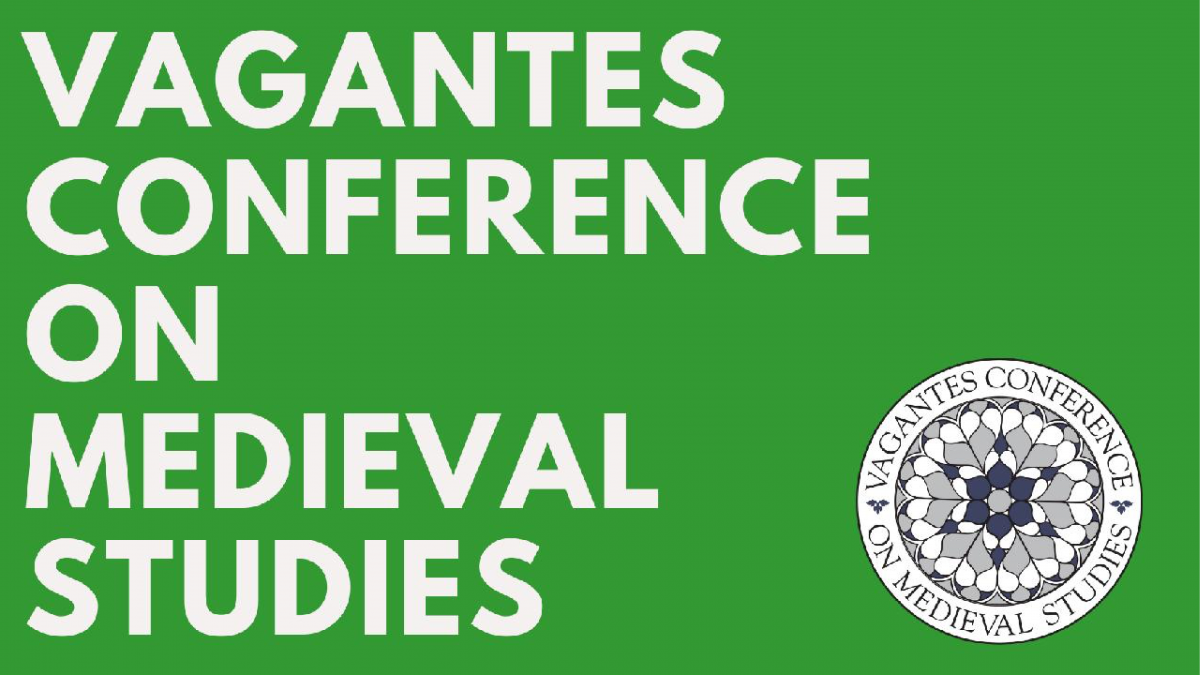
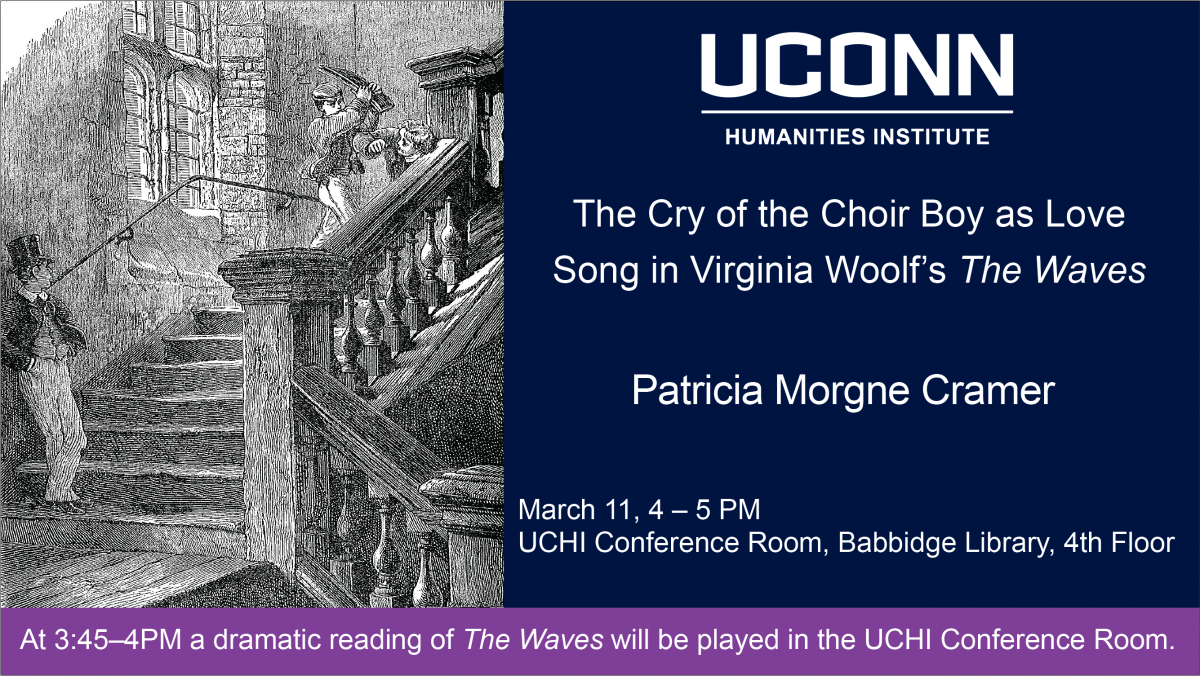
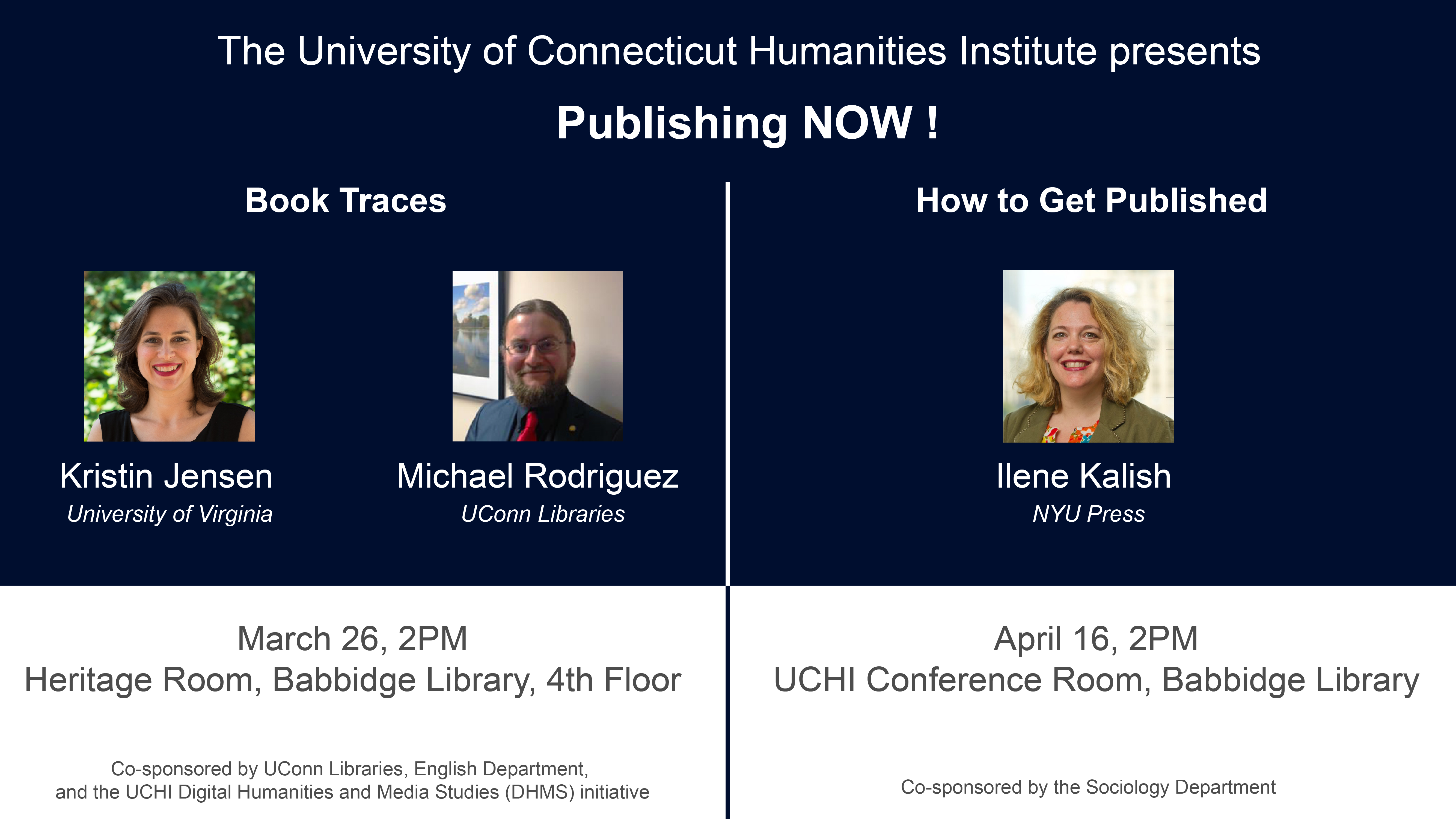
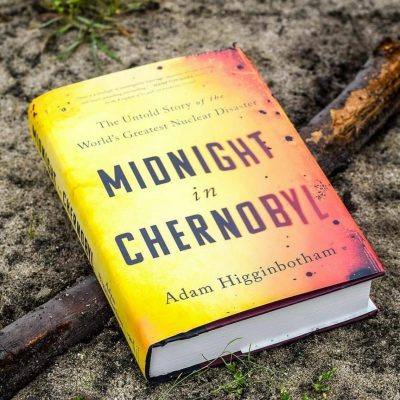 The role of the humanities and liberal arts education in the 21st century is a topic of intense debate. If the sciences are the foundation for inventing new technologies, the humanities are the foundation for implementing these technologies sustainably and ethically.
The role of the humanities and liberal arts education in the 21st century is a topic of intense debate. If the sciences are the foundation for inventing new technologies, the humanities are the foundation for implementing these technologies sustainably and ethically. 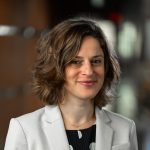 Who is Marisa Chrysochoou? Marisa Chrysochoou is a professor and the head of the
Who is Marisa Chrysochoou? Marisa Chrysochoou is a professor and the head of the 
